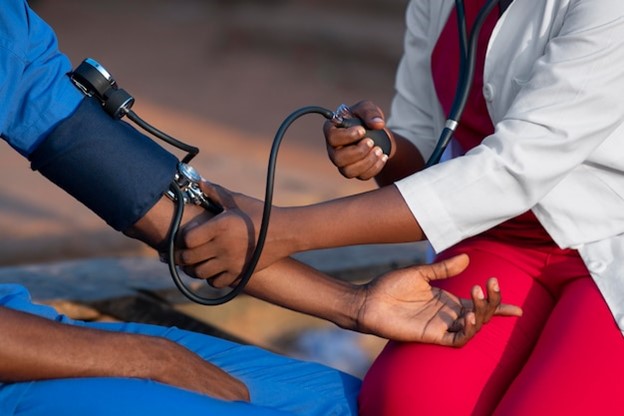Introduction
In South Africa, like many other countries, women’s health is a critical aspect that deserves attention and care. Regular check-ups play a pivotal role in maintaining and promoting women’s well-being, ensuring early detection of potential health issues, and preventing long-term complications. By prioritizing regular check-ups, women in South Africa can take proactive steps towards safeguarding their health, empowering themselves with knowledge, and enjoying a higher quality of life.
- Early Detection of Health Issues
Regular check-ups enable healthcare professionals to detect potential health issues in their early stages, when they are most treatable. Many conditions, such as breast cancer, cervical cancer, and sexually transmitted infections (STIs), show minimal symptoms during their initial phases. Routine screenings, including mammograms, Pap smears, and STI tests, can identify these conditions early on, allowing for timely intervention and better treatment outcomes.
Breast cancer, for instance, is the most common cancer among South African women. Regular mammograms can detect abnormalities in breast tissue, leading to early diagnosis and improved survival rates. Similarly, Pap smears are effective in identifying abnormal cervical cell changes, which can be an early sign of cervical cancer. By attending regular check-ups, women can take proactive measures to safeguard their health and well-being.
- Prevention and Education
Regular check-ups offer an opportunity for healthcare professionals to provide education and counseling on preventive measures. Women can receive guidance on maintaining a healthy lifestyle, including advice on nutrition, physical activity, contraception, and family planning. These consultations empower women with knowledge about healthy habits, self-examinations, and risk reduction strategies, allowing them to make informed decisions regarding their health.
Furthermore, regular check-ups provide a platform for vaccinations against preventable diseases, such as human papillomavirus (HPV), which is a major cause of cervical cancer. By staying up-to-date with immunizations, women can significantly reduce their risk of developing certain types of cancers and other infectious diseases.
- Reproductive Health and Family Planning
Regular check-ups are essential for women’s reproductive health and family planning. These visits offer an opportunity to discuss menstrual health, contraception options, preconception care, and fertility concerns. Women can address any concerns they may have, receive guidance on reproductive health choices, and access appropriate contraceptive methods tailored to their individual needs.
For those planning to start a family, regular check-ups provide an opportunity to discuss preconception care, including lifestyle adjustments, prenatal vitamins, and genetic screening. By seeking regular care, women can optimize their chances of a healthy pregnancy and childbirth.
- Mental Health and Well-being
Women’s health encompasses not only physical well-being but also mental and emotional wellness. Regular check-ups allow healthcare professionals to assess and address mental health concerns, such as stress, anxiety, and depression. These visits serve as safe spaces for women to express their feelings, discuss any emotional challenges, and seek appropriate support and treatment.
Mental health screenings and counseling can help women manage stressors, identify coping strategies, and access specialized care if needed. By addressing mental health concerns in a timely manner, women can enhance their overall well-being and enjoy a better quality of life.
Conclusion
Regular check-ups play a crucial role in promoting women’s health and well-being in South Africa. By prioritizing these visits, women can ensure early detection of potential health issues, receive education on preventive measures, and access necessary support and treatment. Regular check-ups empower women to take control of their health, make informed decisions, and lead healthier lives. Let us encourage and support women in South Africa to prioritize their well-being by embracing the importance of regular check-ups for a brighter and healthier future.










